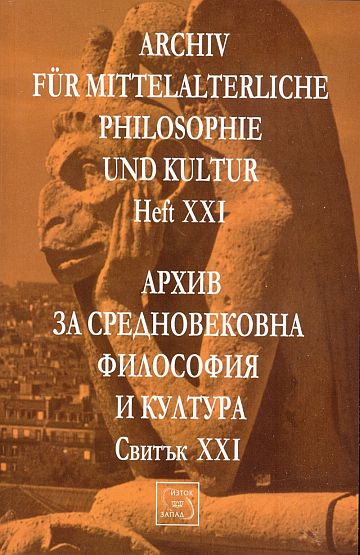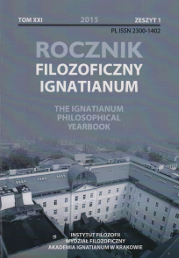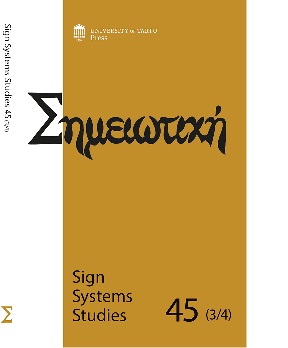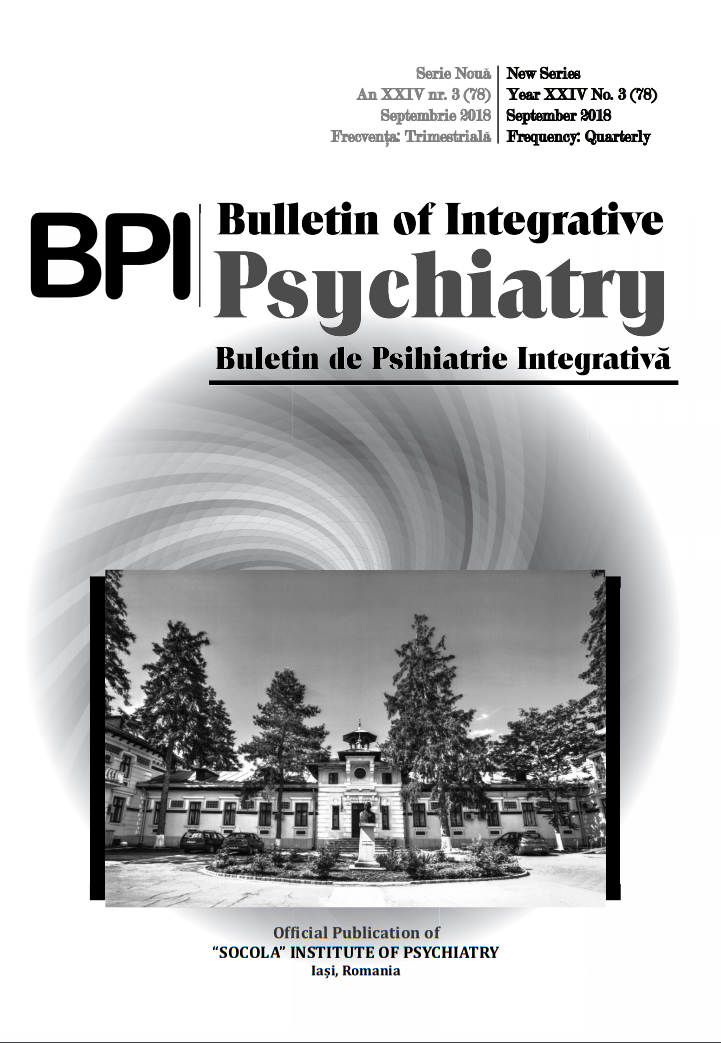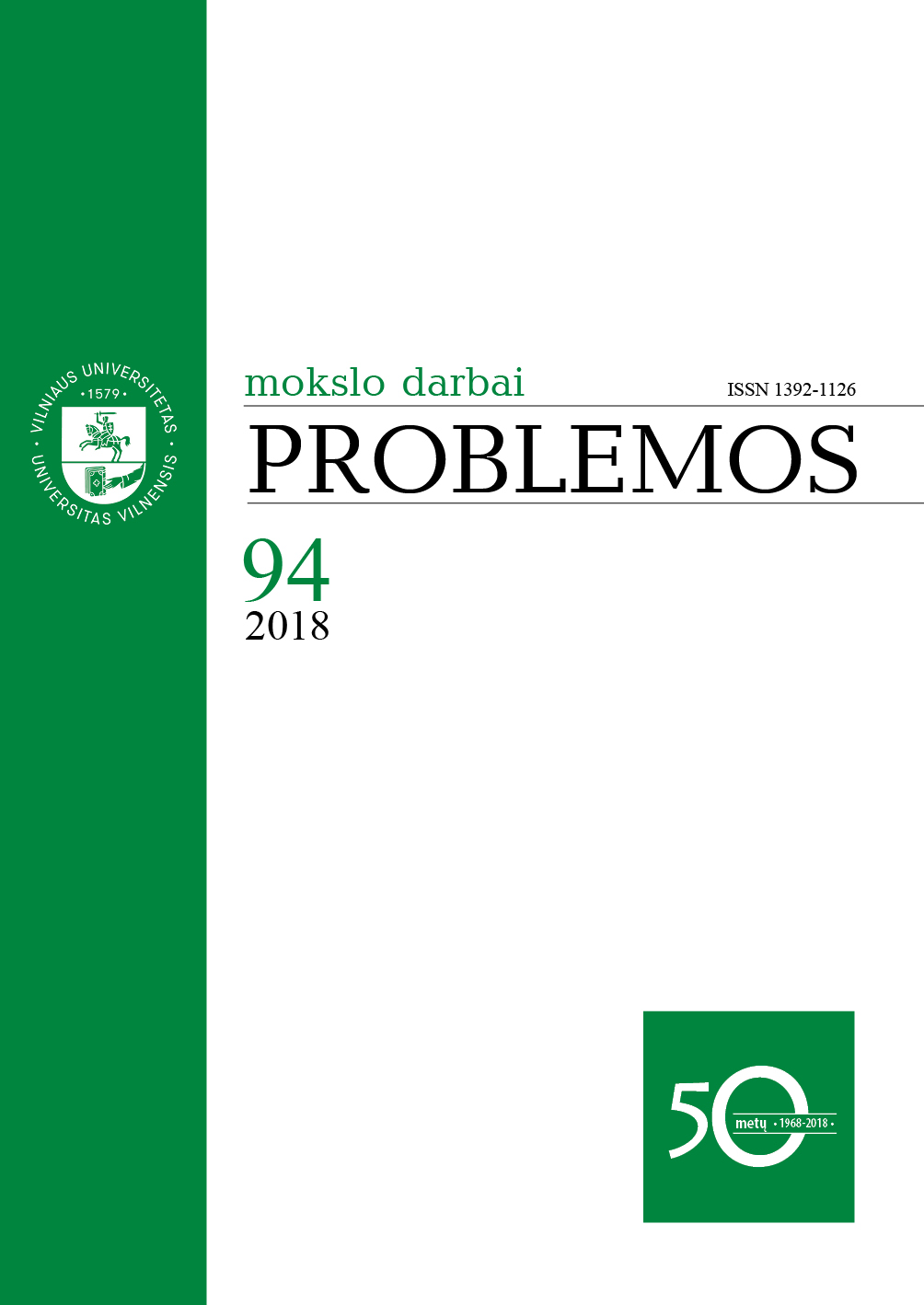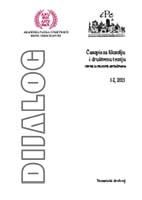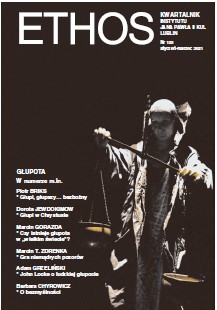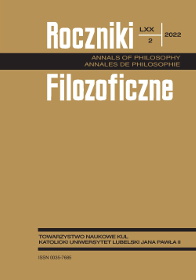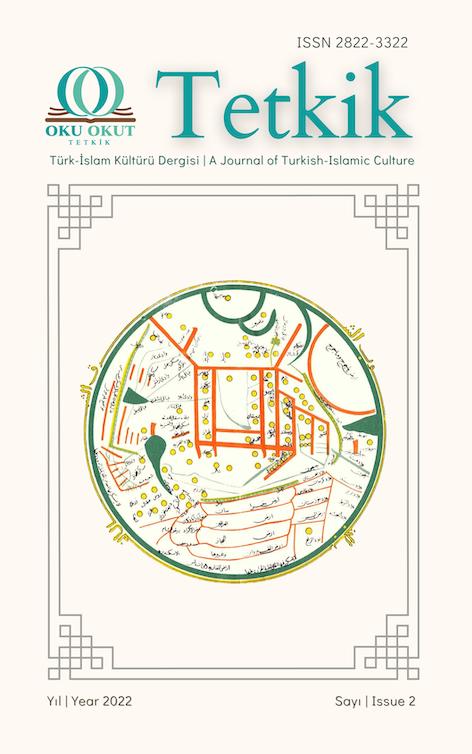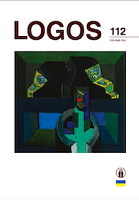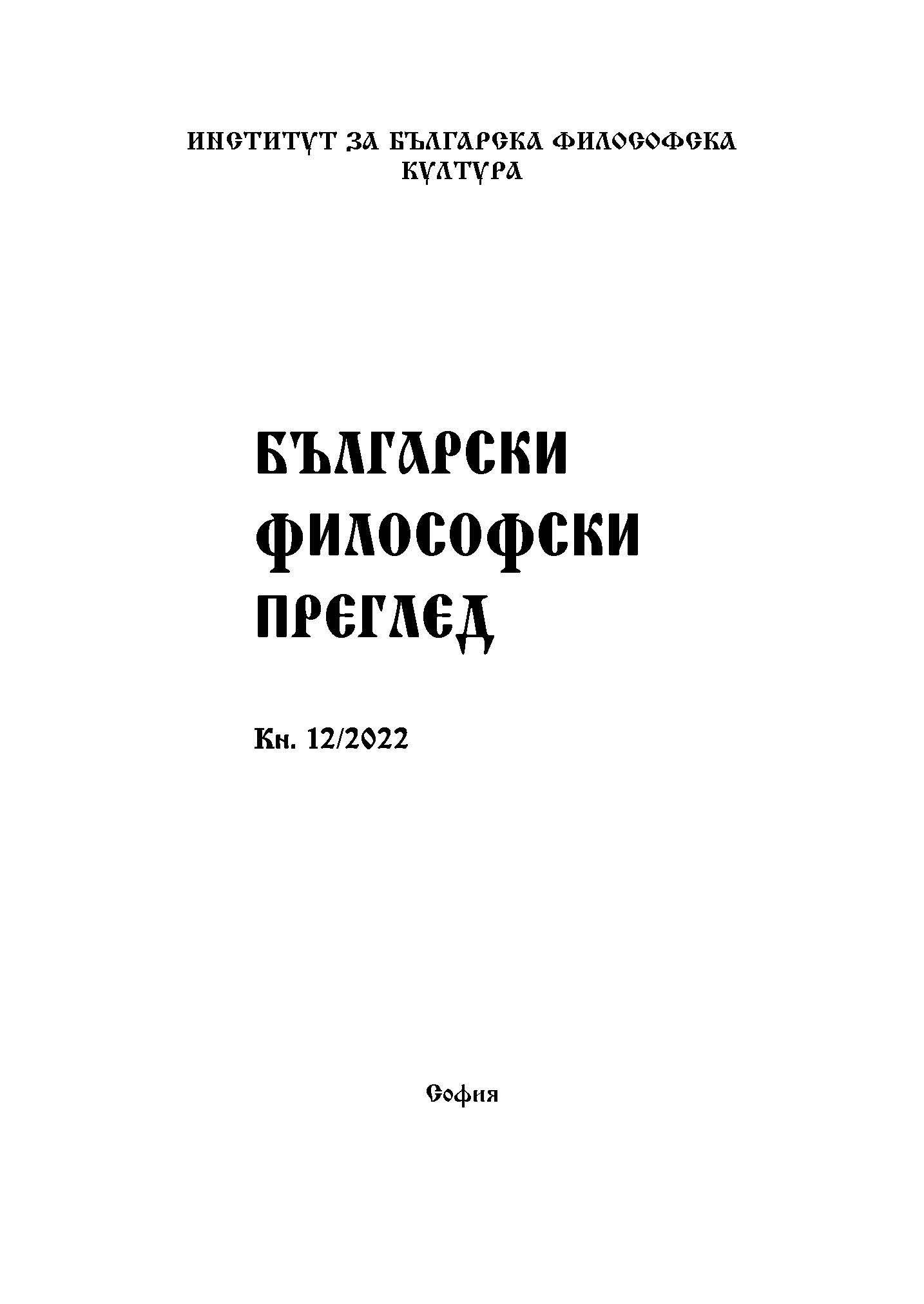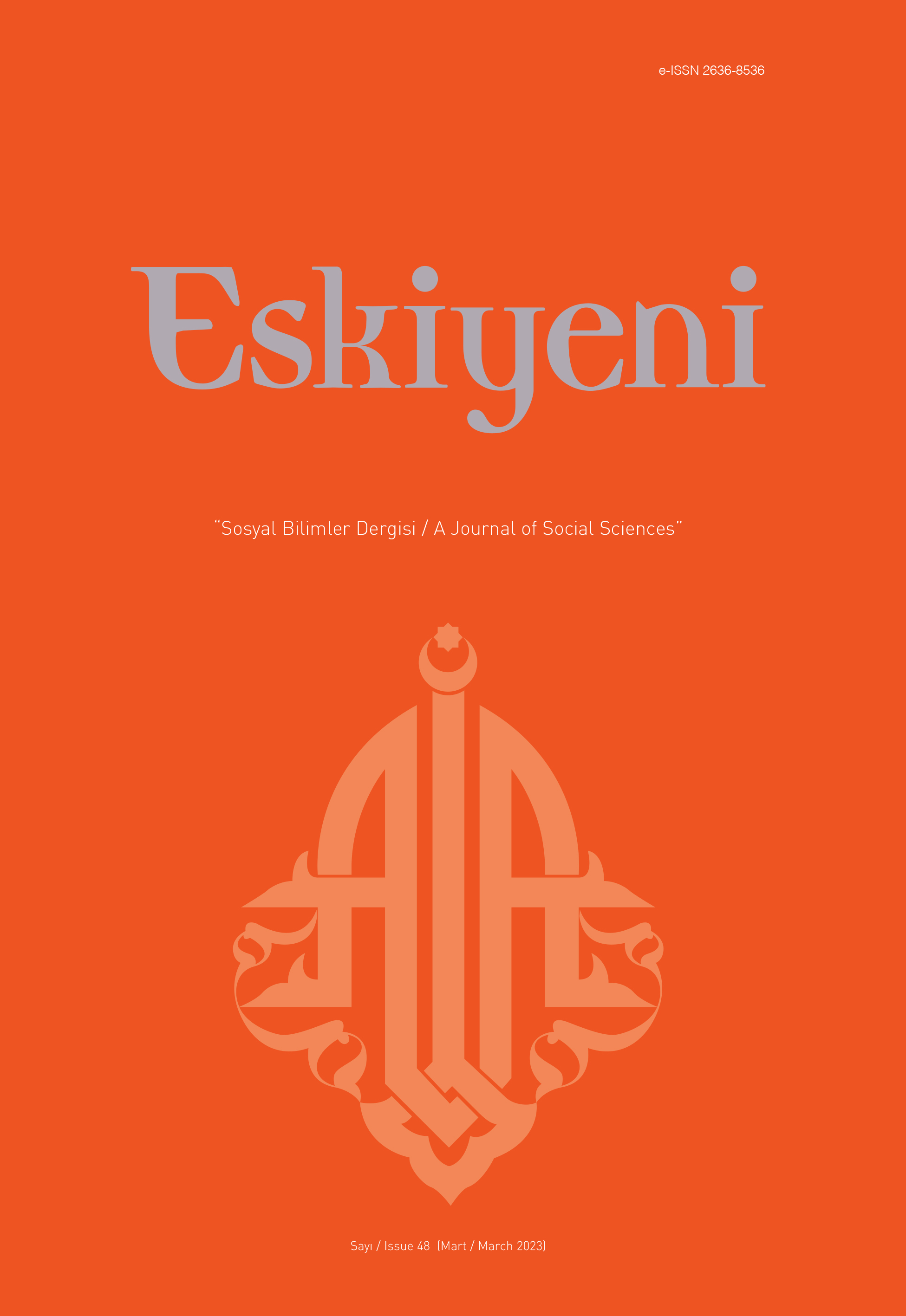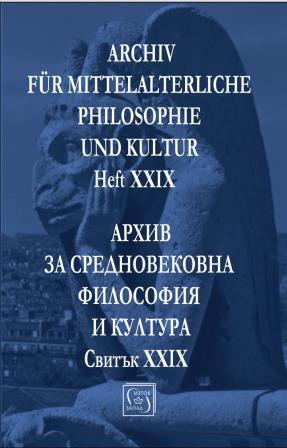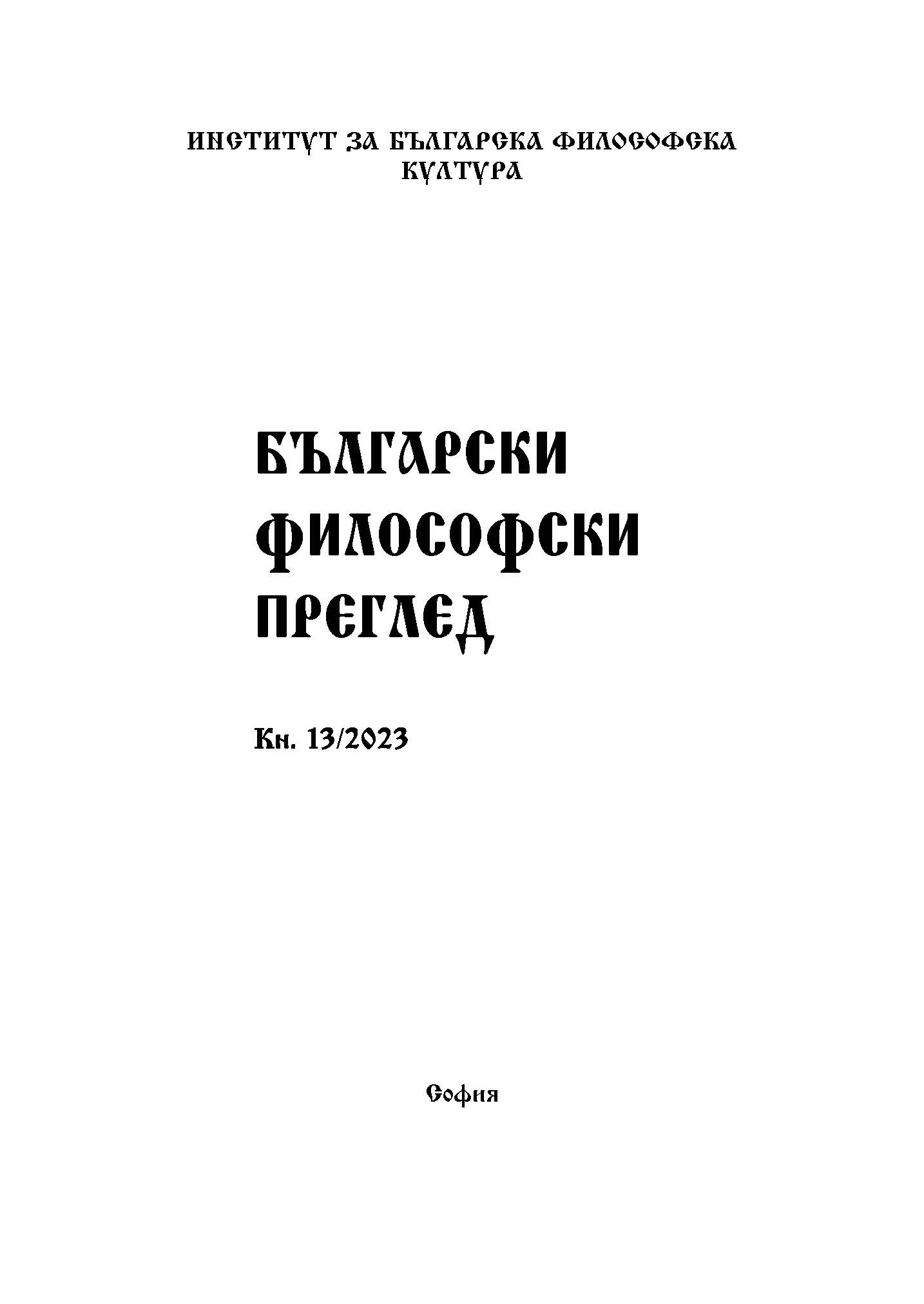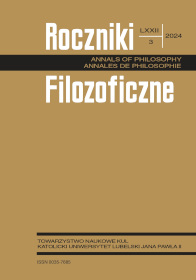Author(s): Emrullah Kılıç / Language(s): Turkish
Issue: 2/2022
The 17th century caused significant changes and transformations in science and philosophy, as in many other fields. In this context, the God-centered dominant understanding in medieval thought was replaced by the science of man and human nature. This situation characterizes the Enlightenment period, and all aspects of existence are connected to the cause-effect relationship. In this direction, unlike current rationalists, David Hume placed the science of human nature as the initiating cause of human actions at the center of all sciences. Based on his works, A Treatise of Human Nature and An Inquiry Concerning Human Understanding, this study aims to address and examine Hume's emotion-thought relationship based on human nature/science within the framework of the mind's function and experience. This idea of Hume, which moves from empirical judgments, is based on the assumption that the future will be compatible with the past. This attitude of Hume, who establishes the essence of his entire philosophical approach to human science or human nature, can be read as a result of giving a high authority to experience, which would significantly affect his successors later on. Hume, who tried to produce his thoughts from human nature instead of objective reason, has an important place in the history of philosophy by connecting science and morality to emotions with his critical attitude. Hume, who puts the human being at the center, turned to the research of human nature and even connected mathematics, natural philosophy, and natural religion to humans in this direction. Combining the acquisition of more predictable information about the past, present, and future to the science of human nature, Hume's thoughts are based on two basic assumptions: First, there is a fixed, unchanging, one-sided nature in man; secondly, if a science of human nature is to be constructed, it must be based on experience as content and method. Hume stated that his philosophy aims to "abandon the distracting and tedious methods pursued until now" and "to walk directly to the capital instead of capturing a castle or village on the border," that is, "to the center of the sciences, to the very human nature that was once superior to all." According to Hume, who described the philosophies before him as fruitless discussions, it is necessary to turn to human nature and discover the potential and power of human understanding. The effects of Hume's approach, which grounded the limits and source of the causality relationship between the human mind and habits, deeply affected the debates on the truth that continue today.
More...


